Some of the links in this post may be affiliate links.
Have you been wondering what the best
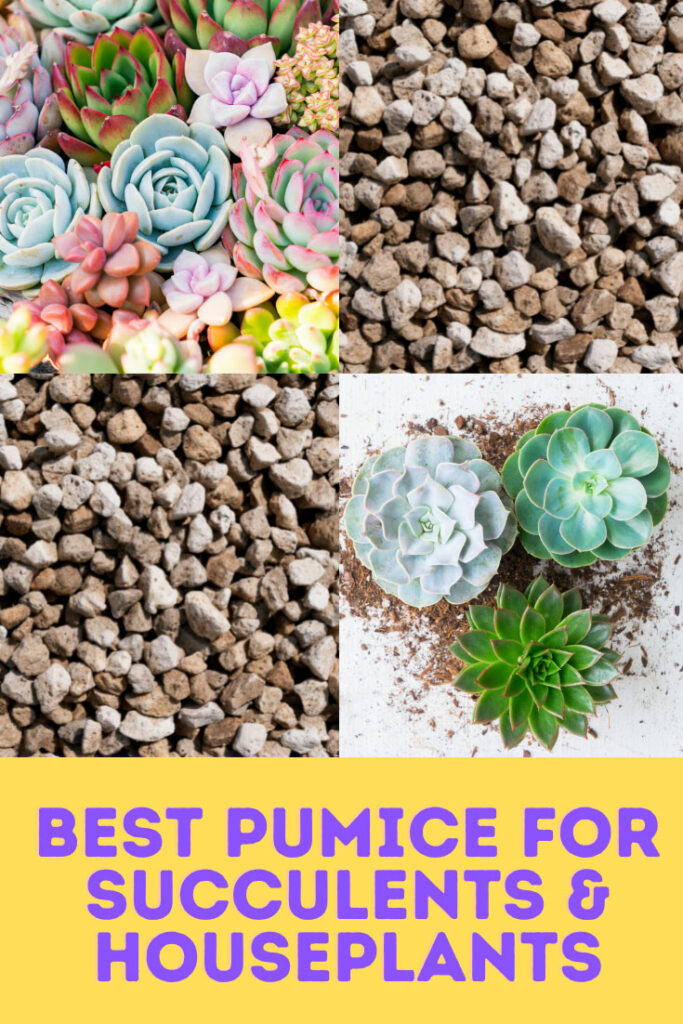
Table of Contents
WHAT IS PUMICE ?
First off, what is
Because it is rich in gasses when it forms, it is lighter weight than you’d think, contains many pores, and as a result can absorb moisture.
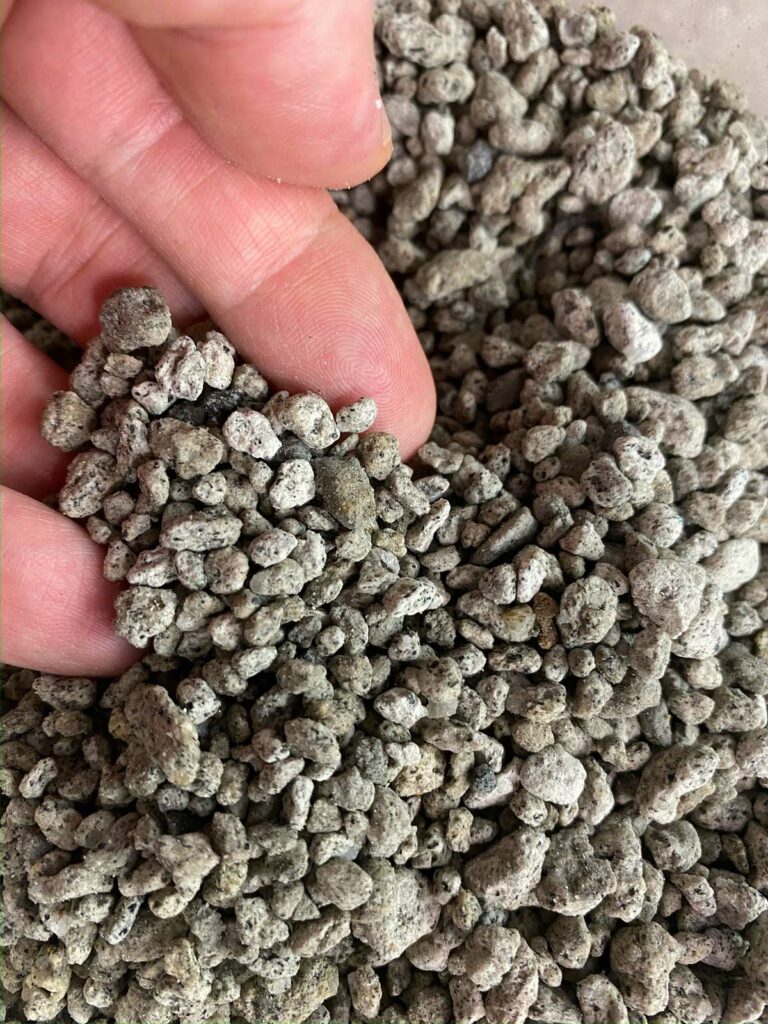
WHY PUMICE IS GREAT FOR SUCCULENTS
Using
- Doesn’t float to the top of your soil mixes like perlite does
- Improves the drainage rate when blended into any potting mix
- Is full of small holes and pores, so it does retain some moisture and releases it as needed
- Provides porosity and aeration in your potting mixes, allowing air to your roots and helping to minimize root rot
- Will not decompose
- Is lighter weight than you’d think, but heavy enough to provide some additional stability for your top-heavy succulents
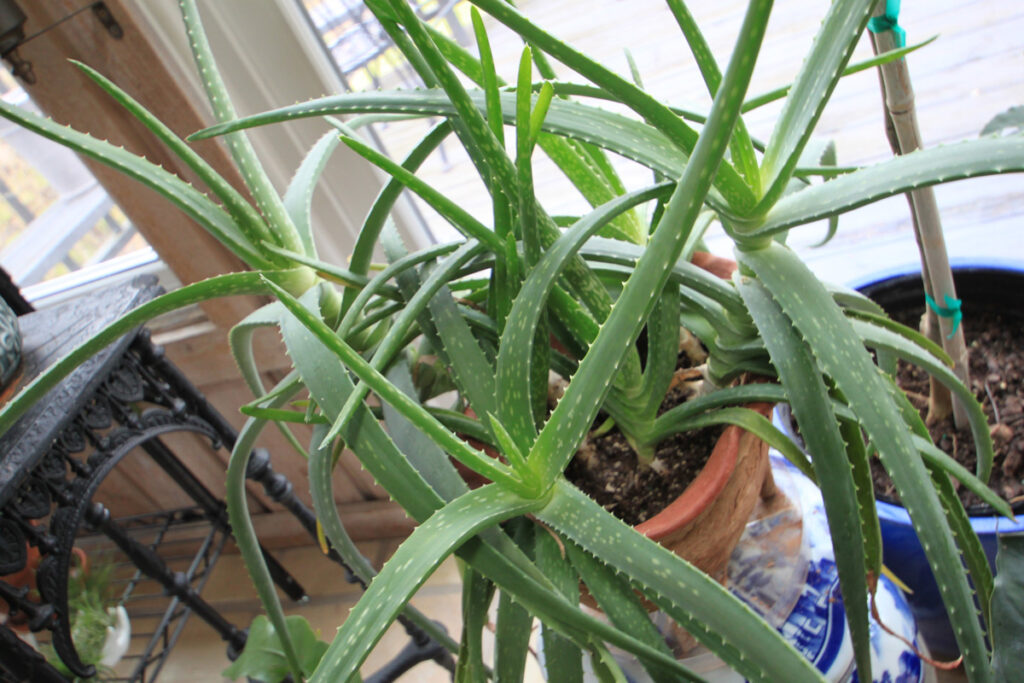
BEST PUMICE FOR SUCCULENTS
Not all pumices are created equal, and my favorite
I love this
AMENDING YOUR SUCCULENT MIX WITH PUMICE
Making a good succulent mix does not have to take a lot of ingredients, although many growers have their own special blends. Use what works for you and don’t be afraid to experiment!
I find that many of the commercially available succulent/cactus mixes don’t provide enough porosity and drainage for succulents, and they don’t dry out quickly enough.
To remedy this, I simply start out with about 2 parts of Espoma Organic Cactus Mix (or whatever succulent/cactus mix you have on hand) and mix in 1 part of Bonsai Jack 1/4″ Horticultural Pumice.
This mix works well for me, provides enough moisture retention, but still improves drainage and is able to dry out in a reasonable amount of time.
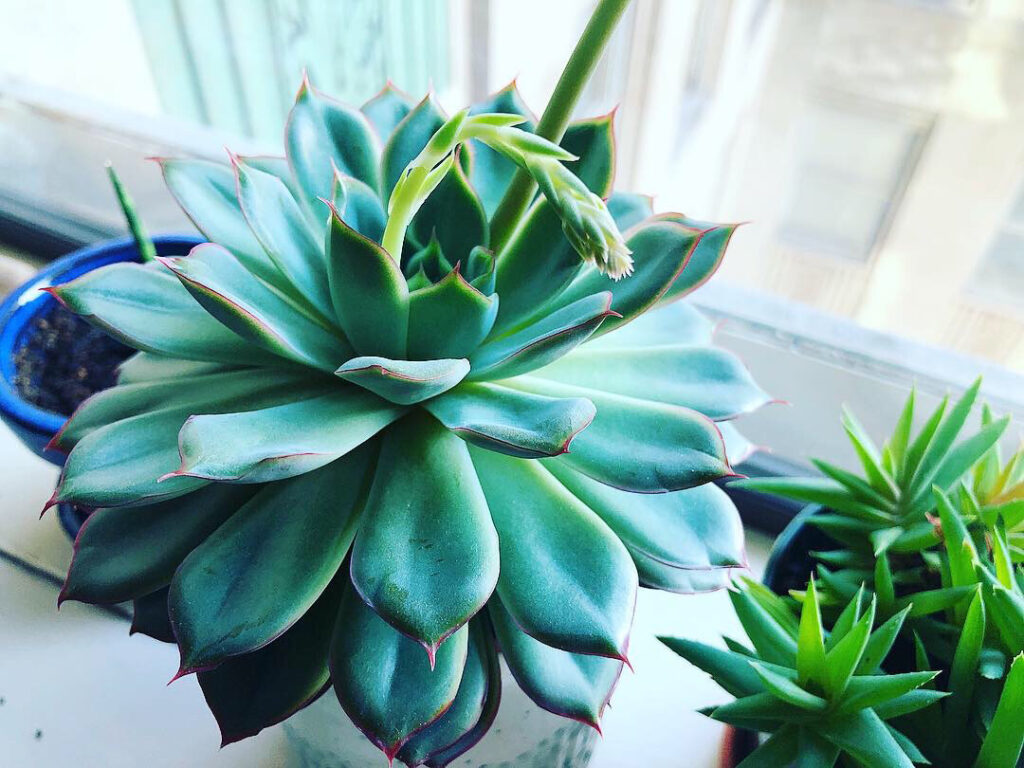
Depending on your environmental conditions, if you need your mix to dry out even more quickly, you can do equal parts of a cactus mix and
I’d recommend experimenting to see what works for your own growing conditions.
There are numerous factors that affect how quickly your potting mix will dry out, including:
- Light levels
- Pot type and size
- Potting mix composition
- Temperature
- Humidity
I talk about all of these aspects in my book, Houseplant Warrior. Ultimately, you need to balance all your conditions in order to have thriving succulents and houseplants.
Keep in mind though that the more “chunky” material that you add to your mixes (in this case,
There really is no right or wrong, but the more
As you experiment with the amount of
There is no right or wrong (as long as your mix is well drained and dry out in a reasonable time period and you are comfortable with your watering routine!)
OTHER USES FOR PUMICE
Some succulent growers will top-dress their succulent pots with
Be sure not to miss my blog post on perlite vs. pumice to explore the pros and cons of both.
I hope you’ve enjoyed this post on the best

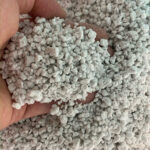


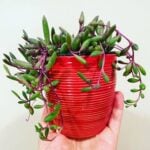
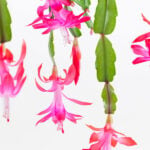

Anita
Sunday 20th of August 2023
Thank you for this detailed description of the differences between pumice and perlite, particularly regarding the volcanic reactions. I live in Southwest Florida and love my succulents. I am an avid user of Bonsai Jacks. I often mix a commercial cactus and succulent soil to mix in with it. Even in my screened in lanai I am moving them around to avoid the sun. And then the rains come and I seek shelter for them. And some say they are easy plants to grow! I think I will try some pumice in my mix and a top coating.
Raffaele
Saturday 26th of August 2023
Glad you enjoyed my post Anita! Succulents are a lot harder than people think. They're tricky because they often take much longer to respond compared to other plants when faced with adverse growing conditions.